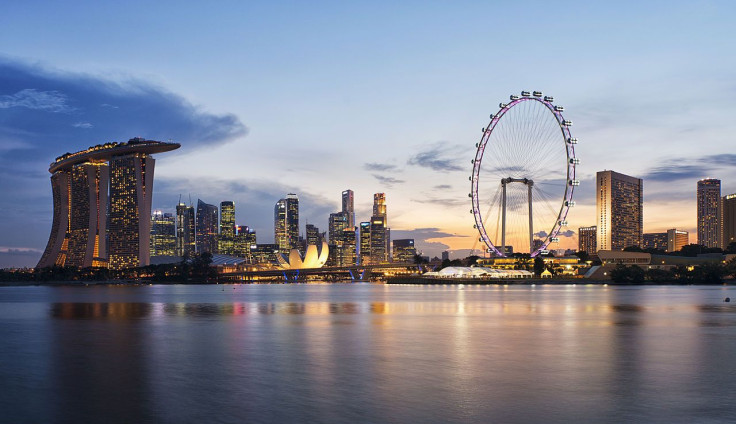Singapore’s COVID-19 Contact Tracing App Now Freely Available To Developers

Singapore is one of the worst-hit countries of the COVID-19 outbreak because of its proximity to China. To contain the spread of the novel coronavirus, Singapore utilized a lot of strategies to help the authorities keep track and trace infected people more efficiently and effectively. It launched a COVID-19 tracking app that is now freely available for developers all over the world to download.
TraceTogether
Called TraceTogether app, the COVID-19 tracking app that was launched on Mar. 20 serves as a supplementary tool for tracing contacts affected with COVID-19. The technology is dependent on the memory and recall of infected individuals. For the uninitiated, contact tracing refers to the process of identifying people with close contact with the patient(s) infected with the novel coronavirus.
How Does TraceTogether Work?
Smartphones with TraceTogether app give off short-distance Bluetooth signals when users are proximate from each other. Duration and records of these encounters are kept in the smartphones for 21 days. If the smartphone user is diagnosed with COVID-19, it allows the health ministry of Singapore to gain access to the app data to identify the people the user had close contact with.
Singapore, however, clarifies that when a person is contacted, the law requires the government to assist the country's health ministry to aid in accurately mapping the movements and interactions, so the risk of spreading the infection is minimized. This includes both the physical and digital logs collected by the TraceTogether app, as well as the location timelines.
Singapore foreign minister, Vivian Balakrishnan, shared in a Facebook post that the TraceTogether app has been installed over 630,000 times. It added, "We believe that making our code available to the world will enhance trust and collaboration in dealing with a global threat that does not respect boundaries, political systems, or economies. Together, we can make our world safer for everyone."
Aside from Singapore, other countries have their own way of COVID-19 contact tracing. South Korea is sharing the movements of the people before they were diagnosed with the COVID-19 by retracing their movements using GPS phone tracking, surveillance videos, and even credit card records. Israel has an app that warns users if they have crossed paths with a COVID-19 infected patient.





















